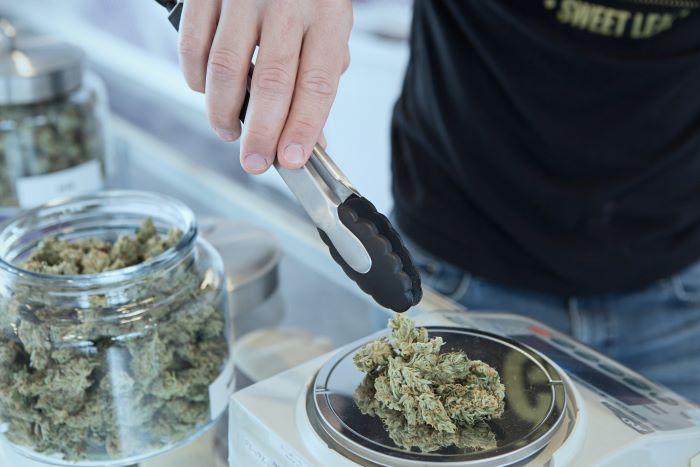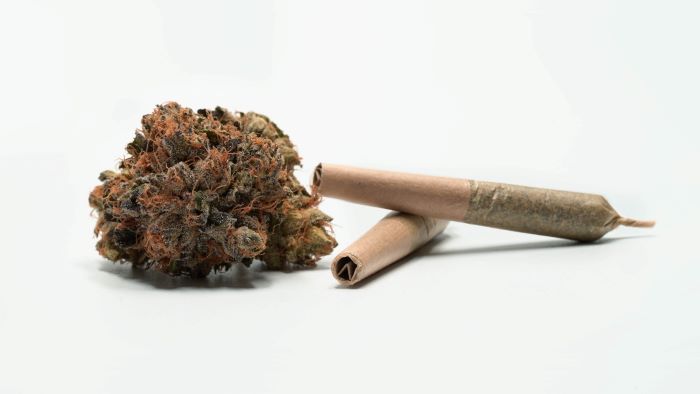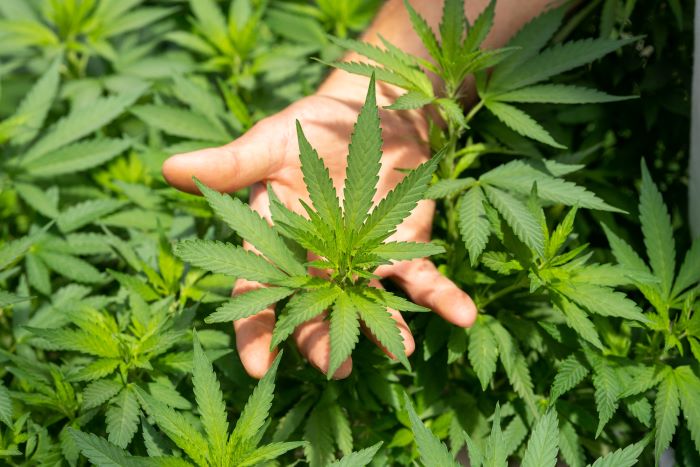There is probably no other topic more contested than medical marijuana. The Tar Heel State is no exception. Since North Carolina has stringent laws about drug use, it’s essential to know the Medical Marijuana Laws in NC. How far has the state come in terms of legalizing marijuana for medical use? Can you have access to it for medical purposes?
Keep informed about the medical marijuana laws to avoid committing an unlawful act and being charged with its possession and use.
Medical Marijuana Laws in NC Over the Years
From the 1980s to the 1990s, there was an intense effort to combat drug use in North Carolina. As a result, various laws were enacted to prohibit the use, possession, and trafficking of controlled substances, including marijuana. Recently, North Carolina has taken significant steps to reform its stance on medical marijuana, as more research studies and evidence show its medical benefits for specific conditions.
In 2019, North Carolina decriminalized marijuana for medical use. But even though medical marijuana use has been decriminalized, it remains illegal for use, possession, and distribution in a non-medical way. If you violate this, you could face stiff penalties according to the law.
Is North Carolina Medical Marijuana Friendly?
Since most states in the US now allow medical use of marijuana, North Carolina has followed suit. While recreational use is still not allowed, you can use marijuana for medical purposes and this purpose alone until the medical cannabis bill is approved.
As of June 2022, the medical cannabis bill was passed in the North Carolina Senate. However, the House of Representatives did not vote on this resulting in North Carolina being one of only 11 US states with no approved medical marijuana program.
By early 2023, the NC Compassionate Care Act SB3 remains to be passed in the House having received more votes in the Senate. The proponents of this legislation are confident that it will shift in favor of medical marijuana being legalized in the state.

What is the Law on Marijuana in North Carolina?
The existing bill on Medical Marijuana Laws in North Carolina states that the use of cannabis for medical purposes applies to various medical conditions with debilitating effects. Among those cited in the bill are the following conditions:
- Epilepsy
- HIV/AIDS
- Parkinson’s Disease
- Multiple Sclerosis
- Cancer
- ALS
- Crohn’s Disease
- Post-Traumatic Stress Disorder
- Sickle Cell Anemia
When passed, the bill’s authors hope to add more conditions to the list to make medical marijuana accessible to more people who need this form of treatment.
Based on the state’s Medical Marijuana Laws, here are some guidelines for using medical marijuana.
Possession of Marijuana
In North Carolina, possession of marijuana that weighs no more than half an ounce has been decriminalized. It is now a class 3 misdemeanor and won’t entail prison time for the offending party. But you would still have to pay a maximum of a $200 fine.
If you possess up to an ounce-and-a-half of marijuana, the charge is now elevated to a class 1 misdemeanor. The guilty party could face a maximum jail sentence of 45 days and a discretionary fine. The maximum fine for class 1 misdemeanor charges is $1,000.
If you possess more than an ounce-and-a-half and up to ten pounds of marijuana, you will face class 1 felony charges. The sentence for this charge is up to eight months in jail and a discretionary fine on the first instance.
Selling of Marijuana
If you carry and deliver less than five grams of cannabis, it is not considered a formal sale, but you could still face prosecution. Selling less than 10 pounds of marijuana is a class H felony, resulting in up to ten months in prison and a discretionary fine.
If you are caught selling less than ten pounds of marijuana, the charge would be a class 1 felony. Your sentence could be three to eight months’ imprisonment and a discretionary fine.
Cultivation of Marijuana
Cultivating and growing marijuana carries a specific sentence, depending on the amount of marijuana that was cultivated. The most severe case is a class D felony, which applies to anyone cultivating 10,000 pounds or more of marijuana. In addition, you could face imprisonment and be asked to pay a fine if charged.

How to Distinguish Medical Marijuana from Hemp Extract?
Since medical marijuana is not approved for use in North Carolina yet, it is important to distinguish medical marijuana from hemp extracts (CBD). The latter is approved for use in North Carolina.
Hemp extract, or CBD oil, is derived from the hemp plant for various purposes. It is vital to prove that the CBD you consume or use is not derived from marijuana because it is illegal in NC. The NC law distinguishes these two products based on the THC content. Be sure to check the limitations of the NC law on the THC content in CBD products to avoid being penalized for it.
If Passed, How Will Medical Marijuana Bill in NC Work?
While North Carolina is yet to legalize medical marijuana use, there will be significant changes once the bill is passed. First, it will make it easier for general consumers via licensed dispensaries, especially those with medical conditions that would benefit from its use. Each patient is allowed 24 ounces of medical marijuana or any equivalent product. Meanwhile, consumers can also grow marijuana plants for medical use (limited to six plants per household).
Since the Medical Marijuana Law in NC is still in its infancy, it is difficult to determine when it will be passed into law.
Hire an Attorney to Help with Medical Marijuana Laws in NC
Are you facing a charge concerning the possession or use of marijuana in NC? You need an experienced drug attorney to help you with the case, especially in having your charges reduced. Your attorney can provide you with a solid legal defense to avoid any serious charges resulting from the possession and use of marijuana, whether for recreational or medical use.


